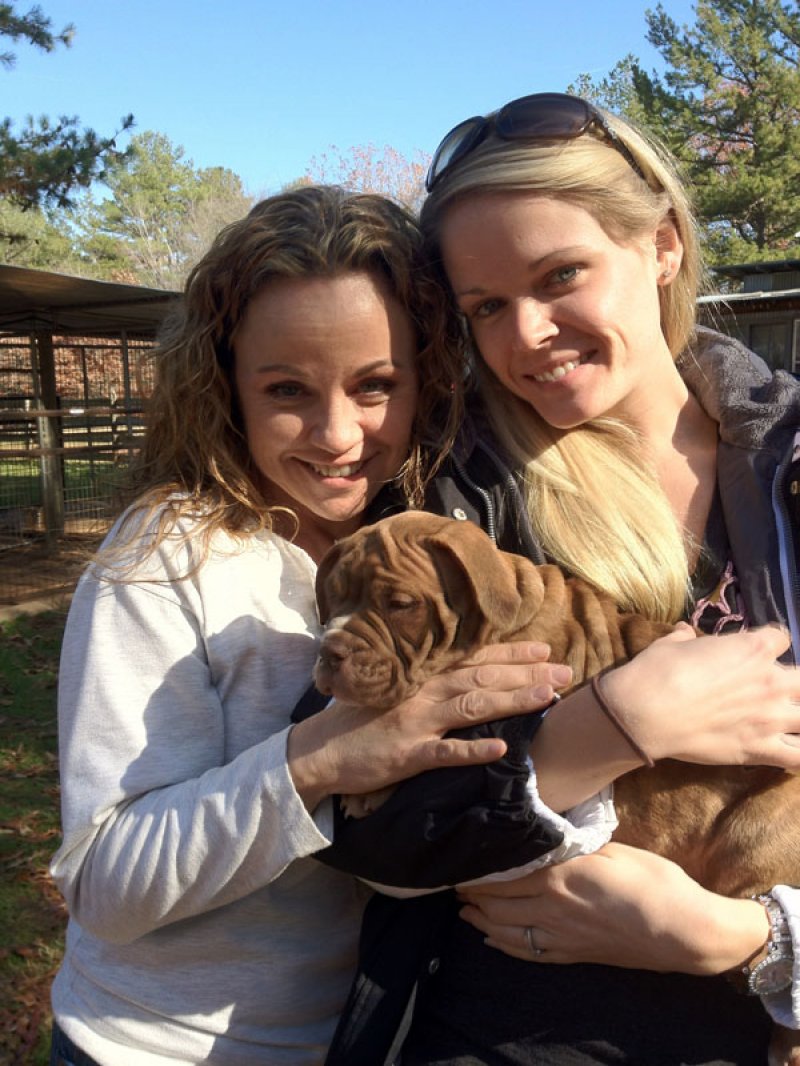Doggie Diarrhea
 Jamie and Stacey Gillis picked up Taylor, a.k.a. Klea, from insightout on Saturday. The happy family headed home in anticipation of the exciting holiday season with their newest family member. Jamie called the next morning and relayed that Taylor had diarrhea. He explained Taylor had three normal stools until the early morning hours and the next two stools were loose but her stools had become liquid. It was Sunday and he was a concerned parent with a new puppy and didn’t know whether it was an emergency or not.
Jamie and Stacey Gillis picked up Taylor, a.k.a. Klea, from insightout on Saturday. The happy family headed home in anticipation of the exciting holiday season with their newest family member. Jamie called the next morning and relayed that Taylor had diarrhea. He explained Taylor had three normal stools until the early morning hours and the next two stools were loose but her stools had become liquid. It was Sunday and he was a concerned parent with a new puppy and didn’t know whether it was an emergency or not.
Taylor was active, playful and drinking water so I passed on our vet’s advice to give Taylor a half of a Pepto Bismol tablet or a child’s dosage every three to four hours. Monitor her closely, watch for signs of dehydration. Pepto Bismol contains bismuth subsalicylate, which is approved for use in dogs. The Pepto Bismol did the trick and Taylor’s stools firmed up in two to three doses.
Kaopectate and Imodium Ad are also safe for use with dogs.
Pumpkin and sweet potatoes are natural stool hardeners.
Acidophilus and plain low fat yogurt will provide healthy enzymes to help stabilize the dog’s system.
Diarrhea is a very common occurrence with puppies and dogs. Excitement, stress, and change can all cause diarrhea in the puppy who goes to a new home. Viruses or parasites, different food or water, or a weakened immune system can also cause diarrhea. Diarrhea usually only lasts a day or two, but if it persists over a long period of time or gets severe enough to be uncontrolled liquid squirts it is a cause for concern.
The biggest concern with diarrhea is dehydration. To prevent dehydration a dog must consume the same amount of fluids as the volume of fluid lost. If caught early, diarrhea can be treated at home and turned around. It is very important with diarrhea to stop it quickly, BEFORE it escalates into severe or secondary diarrhea with dehydration.
You should consult a veterinarian with any uncontrolled diarrhea, stools with blood or if a puppy is lethargic and won’t drink water. Any puppy that is less than seven weeks old usually needs medical attention. A puppy less than four weeks can dehydrate very fast and die quickly. Do not ignore diarrhea.
